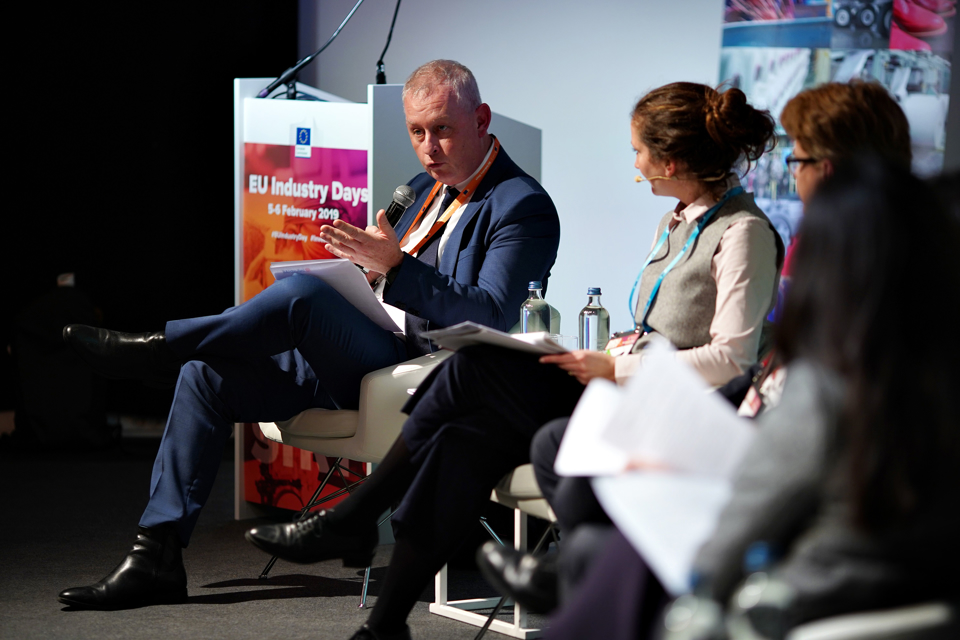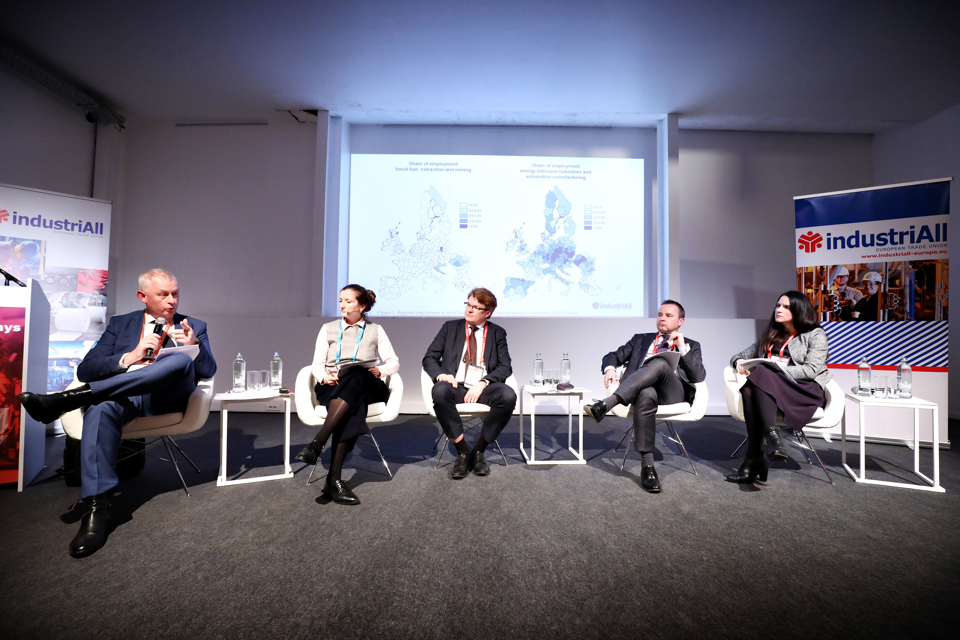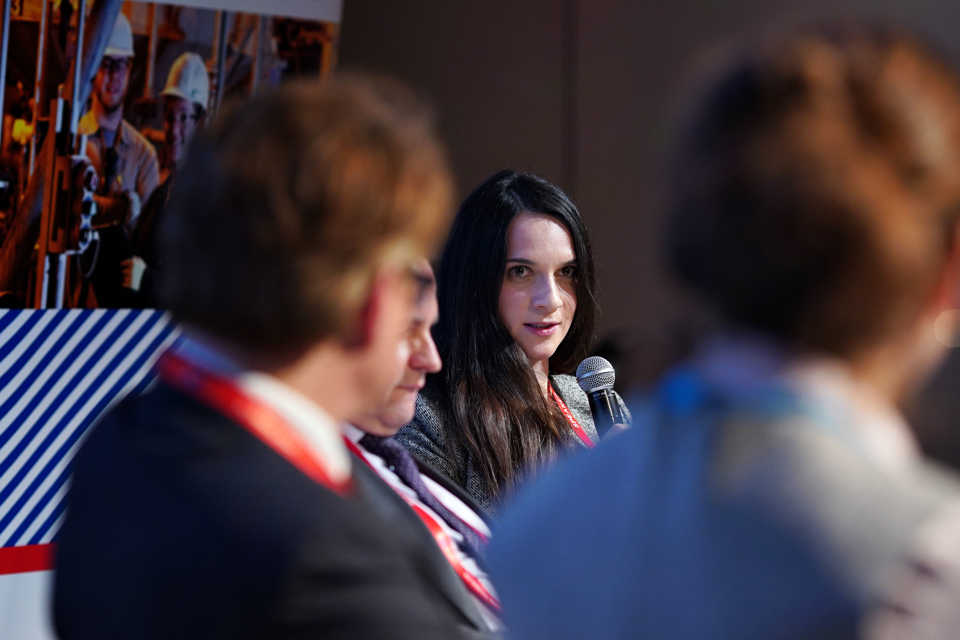So far only lip service has been paid to the principle of a just transition
"The preamble of the Paris Agreement includes a commitment to the ‘imperative of just transition’ while at COP24 55 heads of states and governments adopted the Solidarity and Just Transition Silesia Declaration stressing 'that just transition of the workforce and the creation of decent work and quality jobs are crucial to ensure an inclusive and just transition.'
"However, so far only lip service has been paid to this principle. The deep decarbonisation of the EIIs will have a deep impact on the structure of the workforce and will only be possible if workers and civil society support the transition. They need to have a vision that the transition we are undertaking is a just transition and will not come at the cost of jobs and prosperity, especially in carbon-intensive regions. Social dialogue, between workers and industry as well as governments is key to this process."
Axel Eggert of the European steel association, Emma Argutyan of the European chemical employers group and Bernard de Galembert of the European paper industry also took part in the panel.
They raised the positive role industry had already played in cutting its their emissions and pointed out the important role they had in supplying products used in the low carbon economy.
IndustriAll also defended the important role that energy intensive industries can play in delivering on the energy transition needed to save the environment. Luc Triangle added:
"Today, there is 6,6 Million people working in energy-intensive sectors, that is1,6 Million less as 25 years ago. EIIs have their origin in the industrial revolutions based on fossil fuels. That is why there is the view that they may not form a part of any ambitious climate strategy. However, we won’t be able to implement the clean energy transition without EEIs. They provide the materials for producing the equipment we need for this transition: solar panels, windmills, electric vehicles. It’s also worth to mention that already played a positive and constructive role in meeting the European climate objectives by reducing their emissions: -by 36% since 1990."
READ MORE: Luc Triangle for Euractiv - Low carbon economy without a just transition risks adding fossil fuel to populist fire: https://www.euractiv.com/section/economy-jobs/opinion/climate-change/



